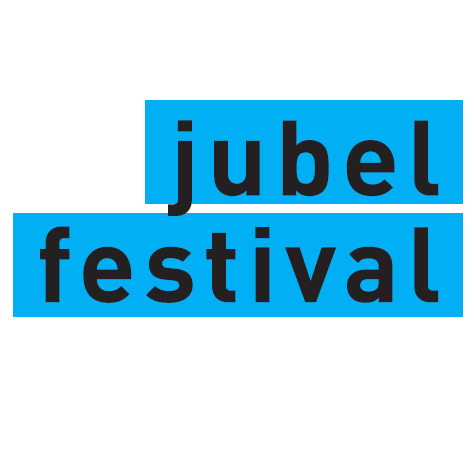Panel debate: Multilingualism: How can Brussels become an example for the rest of Europe?

The Jubel Festival for European Democracy (www.jubelfestival.com), held in Brussels’ Parc du Cinquantenaire on 6-7 September 2019 hosted a large set of parallel interactive encounters on a variety of subjects relevant to European democracy. The Marnix Plan for a multilingual Brussels was invited to organize one of them. It took place in the morning of Saturday 7 September under the title “Multilingualism: How can Brussels become an example for the rest of the world?”, with the participation of Sven GATZ, the newly appointed Brussels minister for multilingualism (probably the first minister in the world with this competence explicitly ascribed to him).
Yvon ENGLERT, rector of the Université libre de Bruxelles, and Dirk JACOBS, professor of sociology at the same University explained the motivation for the proposal of trilingual secondary schools made last April jointly with the Vrije Universiteit Brussel, and the obstacles it faces. Anne POSMA (Marnix Plan and Haute école Francisco Ferrer) presented the new training programme for bilingual primary schoolteachers jointly organized with the Erasmushogeschool. The encounter was moderated by Philippe VAN PARIJS (Marnix Plan and UCLouvain). Participants included native speakers of Spanish, Urdu and Igbo. As some of them did not understand French or Dutch, the concern for not excluding anyone led to the adoption of English.
Among the conclusions that emerged: multilingualism as part of the core of the Brussels identity; multilingualism as a real possibility for children in all layers of the Brussels population, providing some conditions are met: coherent use by adults, sufficient exposure, positive attitude; collaboration between the Flemish and the French Community (in charge of education in Brussels) indispensable, but often so difficult for down-to-earth reasons (insurance regime, building norms, timetables, wage differences, etc.) that one cannot help dreaming about a distinct (Brussels) school network; need for the Brussels region to take initiatives wherever it can (for example, systematic trilingualism for the advertising of cultural events). The minister closed with an appeal: do not just ask what a Brussels minister for multilingualism could do for you, also ask yourself what you can do for multilingualism in Brussels!